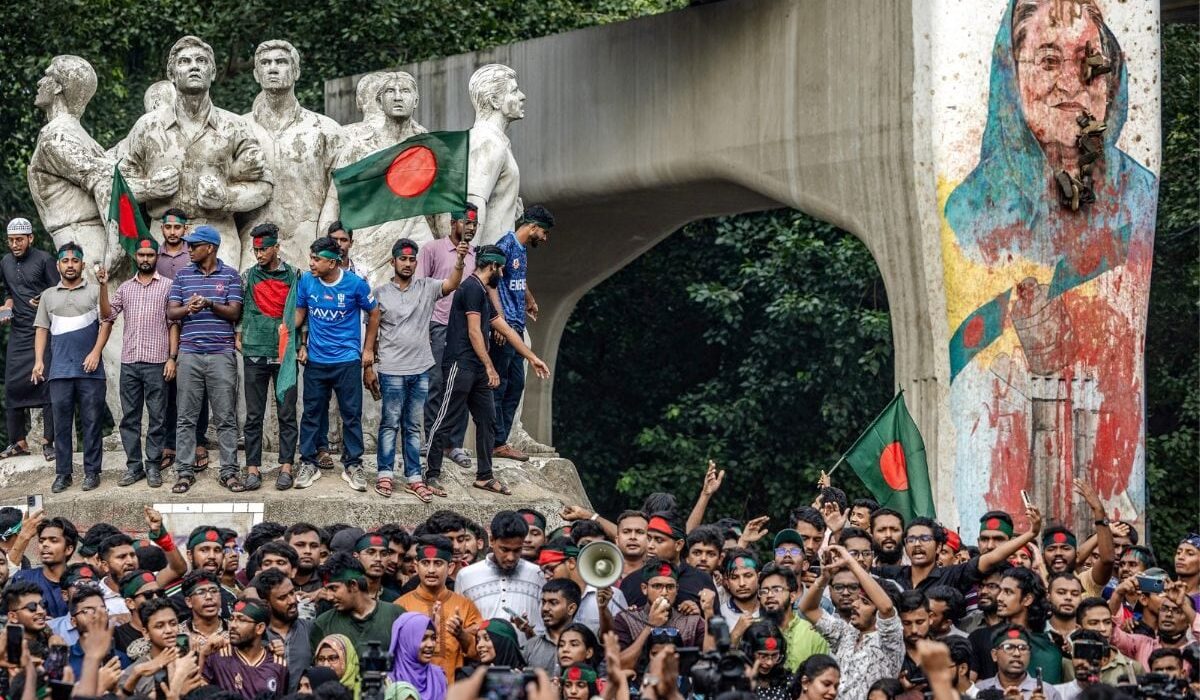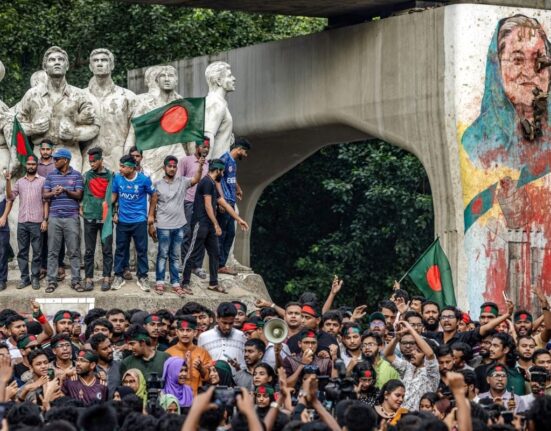Bangladesh, long considered a success story of South Asian progress and diplomacy, appears to be treading a perilous path as it reorients aspects of its foreign policy. A series of decisions, including accepting scholarships for its students and researchers from Lahore University in Pakistan and cancelling the training of its judiciary in India, highlight a concerning trend. These moves not only risk alienating its closest neighbor, India, but also raise serious concerns about the potential radicalization of its youth and the undermining of its democratic values.
Scholarships from Lahore University: A Trojan Horse?
The decision by Bangladesh to accept scholarships from Lahore University for its students and researchers has sparked fears of ideological infiltration. Pakistan’s educational institutions, particularly those with links to extremist ideologies, have a history of promoting radical views under the guise of academic opportunities. By allowing its youth to engage with such institutions, Bangladesh risks exposing its future leaders to the toxic influence of radicalization.
While academic exchanges can foster mutual understanding, the track record of Pakistan’s involvement in spreading extremist ideologies raises legitimate concerns. This move, if not carefully monitored, could lead to a scenario where Bangladeshi students are drawn into extremist networks or indoctrinated with anti-India sentiments, jeopardizing regional stability.
Cancelling Judicial Training in India: A Diplomatic Misstep
Bangladesh’s interim government recently cancelled a planned training program for 50 judges and judicial officers in India, a decision that has raised eyebrows amidst its ongoing diplomatic standoff with New Delhi. This abrupt cancellation was made without any substantial reason, leaving room for speculation about Dhaka’s intentions and signaling a troubling turn in bilateral relations.
These training programs, conducted in collaboration with Indian legal institutions, have historically provided Bangladeshi judges with valuable insights into the functioning of the judiciary in the world’s largest democracy. Such training not only enhances legal expertise but also fosters a shared understanding of democratic principles and the rule of law.
By halting this cooperation, Bangladesh risks isolating itself from the democratic values that have underpinned its growth since independence in 1971. The move signals a worrying departure from the historical camaraderie between India and Bangladesh, built on shared sacrifices and mutual respect.
Ignoring the Lessons of History
Perhaps the most perplexing aspect of Bangladesh’s recent actions is its apparent disregard for history. Pakistan’s treatment of East Pakistan (now Bangladesh) during the 1971 Liberation War remains one of the darkest chapters in South Asian history. The atrocities committed by the Pakistani military, coupled with the systematic oppression of Bengali culture and language, left scars that cannot be ignored.
It was India that stood by the people of East Pakistan during their struggle for independence, providing military and humanitarian assistance that ultimately led to the creation of Bangladesh. The current tilt toward Pakistan undermines this historical bond and risks alienating India, its largest neighbor and a steadfast partner in its development journey.
The Path Forward: A Call for Prudence
Bangladesh must carefully evaluate the long-term implications of its foreign policy choices. While maintaining a balanced foreign policy is essential, aligning too closely with Pakistan could have far-reaching consequences for its domestic stability and regional relationships.
To safeguard its democratic fabric and protect its youth from radical influences, Bangladesh should strengthen ties with nations that respect its sovereignty and share its vision of peace and development. India, with its robust democratic institutions and history of supporting Bangladesh’s progress, remains an invaluable partner in this endeavor.
In a region fraught with challenges, Bangladesh cannot afford to alienate its closest ally or risk destabilizing its internal harmony. The choices it makes today will shape its future, and it must tread this path with wisdom and foresight. The historical bond with India is a testament to what can be achieved through cooperation, and it is a legacy worth preserving.

